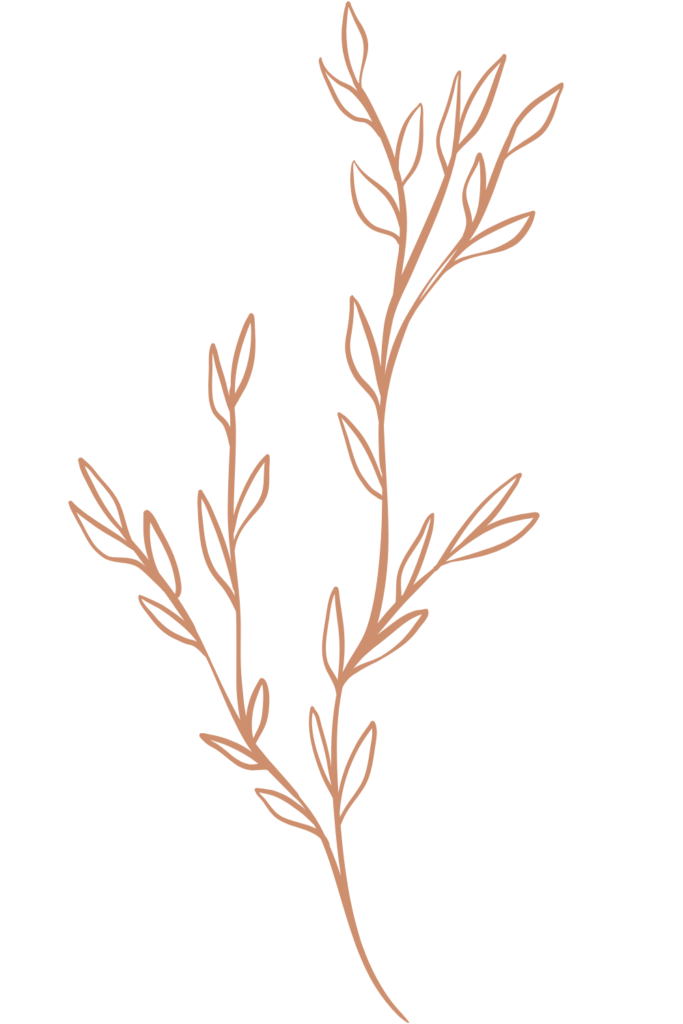Parenting
Breaking the Cycle: Giving your children a healthy childhood, even if yours was anything but.
KEY POINTS
- The way we experience our first family relationships can often repeat itself as we start our own families.
- You may struggle to form healthy relationships with your children if you did not have healthy examples.
- Finding ways to move forward while validating your history is a crucial part of the healing process.
Growing up in a dysfunctional family will inevitably leave traces that are carried over into your adult life. Renowned therapist dr. Gabor Mate states in his groundbreaking documentary, the wisdom of trauma, that it ” is the invisible force that shapes our lives. It shapes the way we live, the way we love, and the way we make sense of the world. It is the root of our deepest wounds.” During stressful moments, which, as all parents know, are unavoidable in parenting, we tend to fall back on familiar patterns. If our formative years were marked by trauma or dysfunction, facing and dealing with these tendencies can indeed be challenging. It takes a whole lot of courage to face the pain of the past but ultimately breaking the cycle of inherited pain is worth it.
The Past's Shadow
When doctors informed me that I would likely never become a mother due to Premature Ovarian Insufficiency (POI), it sent me into a panic. Throughout my life, I had avoided the idea of motherhood out of fear of replicating my complex and unhappy childhood. Despite initially struggling with infertility, I eventually conceived. However, this victory was accompanied by the daunting realization that I knew more about how not to parent than what kind of parent I wanted to be.
It’s not uncommon that becoming a first-time parent unexpectedly forces individuals to confront deep-seated traumas and childhood memories they thought they had long overcome, according to Esther Goldstein, trauma psychotherapist. As I cared for my newborn daughter during those long nights, I grappled with the fear of not being able to provide her with the peace, warmth, and stability I never received myself. Despite years of therapy and healing, unresolved layers of trauma and memories resurface.
Child maltreatment can have serious effects on development and physical, social and emotional wellbeing. Any long-lasting relational effects can impede the capacity to nurture children, potentially leading to ‘intergenerational trauma’.
Chamberlain C, Ralph N, Hokke S, Clark Y, Gee G, Stansfield C, et al. (2019)
Theoretical Basis
Parenthood presents formidable challenges, due to its constant demands and steep learning curve. Yet, for parents who have endured trauma or a challenging childhood, the journey can feel even more raw.
Complex Post-Traumatic Stress Disorder (C-PTSD) develops when individuals undergo prolonged, relentless stress during their psychological development. Often, C-PTSD arises from experiencing multiple Adverse Childhood Experiences (ACES). These experiences may include maltreatment, growing up in financially insecure households, exposure to (emotional)violence within the family, or having a parent who is incarcerated. You can take an ACE-score quiz here.
Research shows that parents who have faced childhood maltreatment are statistically more prone to perpetuate cycles of abuse, neglect, or inadequate parenting with their children. The transition to parenthood is inherently stressful, and lacking sufficient emotional regulation skills, coping mechanisms and appropriate attachment models only compounds the challenge.
However, science also indicates that the perinatal period can serve as a catalyst for positive transformation, as prospective parents become more receptive to embracing change. Parenthood can be a turning point and an incredibly healing journey.
Pregnancy Pains
Both times when I was pregnant I saw myself confronted with new perspectives on my childhood. During my first pregnancy, the overall theme was anxiety with the main question arising: If I had bad parents, will I be a bad parent too?
I was very afraid of not being good enough. In my second pregnancy for some reason, I was much more overcome with anger. It was like the pain of the past was suddenly activated again even so in such a way I could not be around my family of origin for the duration of my pregnancy and had almost daily recurring nightmares about the past, whilst in the years before there had been some space for forgiveness and growing contact. As a pregnant mom of a 2-year-old I was simultaneously challenged by the past and the present, feeling very overwhelmed at times.
The effects of growing up in an unstable family
Childhood trauma leaves lasting effects, reshaping the brain, diminishing self-esteem, complicating relationships, and manifesting in physical and somatic symptoms. Despite efforts to heal, the intensity of parenting can illuminate lingering scars.
If you experienced dysfunctional or unhealthy patterns in your family, such as inconsistent discipline, enmeshment, lack of boundaries, or abuse, you may be more likely to repeat these patterns, even without being aware of it.
You may struggle with the following:
- Being unable to regulate emotions, especially anger and frustration, which can affect your ability to support your children emotionally
- Difficulty establishing authority, either by treating your children as peers or being overly authoritarian, leading to inconsistent discipline.
- Trouble forming healthy bonds with your children due to a lack of positive familial relationships
- Overcompensating for past neglect by being overprotective or showering your children with excessive attention, potentially hindering their development of boundaries
- Adopting a victim mentality, feeling victimized by your children’s behavior despite being the authority figure
- Parentification. Unintentionally burdening a child with the role of a surrogate spouse or emotional caregiver.
- Fear of repeating negative family patterns, leading some people to avoid having children altogether.
If you can relate to any of the above traits, it’s important to know that it is possible to unlearn unhealthy patterns. Developing self-awareness of how your childhood family-of-origin’s dysfunction manifests is the first step.
We cannot heal what we do not, or cannot, acknowledge. Unfortunately acknowledging can be the most difficult step.
Healing from Post-Traumatic parenting
When my daughter turned two, she upped her tantrum game and by three she was a real ‘threenager’. I knew a lot of her highly emotional reactions were normal and age-appropriate but still, her behavior caused me to feel panicked. I experienced zoning out to the point of dissociation while she acted out. When her behavior in public was less than ideal (for example the time when she was pushing over all the ceramic vases in a nice Greek restaurant for example) I felt a crippling shame that send me to tears for over an hour. I did recognize however that often my emotional responses to her behavior had more to do with me than with her
The self-soothing tactics I had leaned on before parenting, did not hold the same as a new mom. The stakes were much higher now and there just wasn’t so much time to spend on myself. I knew I needed to once again engage the source of what felt like prehistoric pain; but this time as a mother, as someone responsible for molding a life. So I went back into therapy and coaching and had a renewed hard look at the past and the mirror to come to a few conclusions.
Accept & Honor the past
It helps to accept the past as well as the uncomfortable emotions that sometimes inevitably re-surface. When I became a parent, I wanted my childhood trauma to be far behind me. In many ways it was. And yet, my body let me know there was still more to be processed. Despite my disappointment, I knew I could not brush it under the rug. I had to attune to my anxiety and my anger. Looking at the past pain yet again from this new perspective and with the role reversal of now being the parent myself helped me to have increased compassion towards me and my parents.
Integrate & Regulate
We want to integrate the wisdom that this past has created. We know in every cell of our being how important parenting is. I felt deeply identified with the ‘Traumatized or Troubled Person’ and I had to put conscious effort into re-identifying myself with the new identity of “Parent Who Will Do It Right.” I chose to see that this new life I was creating was a new beginning, a fresh start for both me and my children, and a break in from pain that was carried down for generations.
At the same time, healing is ongoing. It’s often when we attempt to bury our challenging experiences, that we are constrained by them. Healing from childhood trauma is not complete amnesia of the experience, it is being able to effectively regulate the mind and body when memories resurface.
Meaning & mission
Having had a less-than-ideal upbringing can be a huge motivator to parent more consciously than our parents. To do so we have to make meaning of what happened in our past. This blog is one of my ways to do that. If my troubles could make me a better person, friend & parent, then it can be hugely transformative, because it all has not been for nothing.
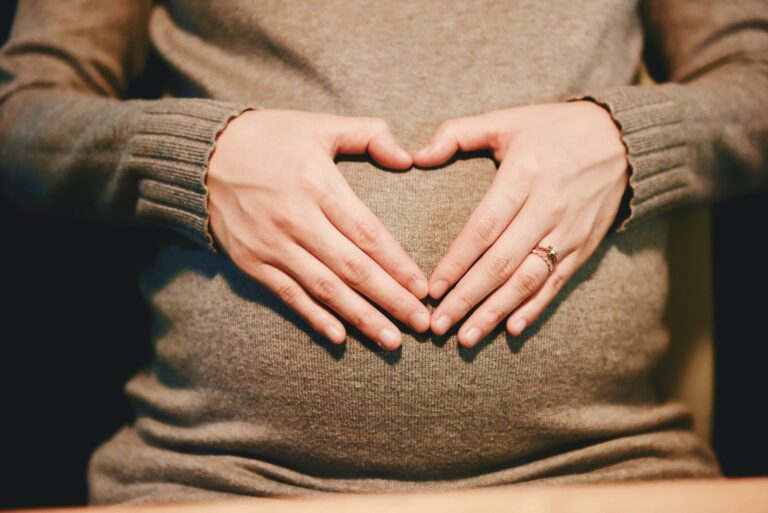
Practical Ways to Cope
In my childhood, teens & early twenties I mostly had traditional talk therapy which did bring healing but only to a certain extent. It was with more holistic healing modalities, working with a coach regularly and long-term and involving my body I started to heal on deeper levels. I can now say that on most days my past doesn’t play a part in my day-to-day life and I feel I can overcome most challenges without freaking out and spiraling out of control. Over the years I’ve made various lists of coping mechanisms to secure sanity when daunted by my feelings. In the heat of parenting only a few of these coping mechanisms have stuck. Here are my go-to’s:
- Move my body: Doesn’t matter how, I just move. Walk run, dance, stretch, yoga.
- Cultivate community: I’ve found safe and validating people to call, text, and audio-message.
- Apply heat or Cold: I pay attention to the tension in my body and target it with heat. Hot showers, heating pad, hot chocolate. Cold baths in the morning help me to be able to literally keep my cool better in overheated situations.
- Breathe: I breathe deeply and intentionally. Whenever I feel like things get too much I try to calm my breathing down and breathe lower, through my belly. And counting my breath, breathing out longer than breathing in works magic.
- I prioritize me time & sleep as much as possible. This is essential ‘self care’ that I never thought and need to consciously incorporate
- Creativity, finding time to be creative, writing or drawing, even if it’s just scribbled somehow has a very soothing effect on me.
- Distraction, when all else fails, distracting myself in order to stay sane is totally ok. Watch movies, listen to podcasts, everything goes as long as it is not self-destructive.
Mostly it helps to let go of perfection. My favourite parenting expert dr. Shivali says: “Parenting is not about perfection. It’s about progress, healing, and breaking the cycle.”
Breaking the Cycle for a Better Future
The research on ACES and childhood trauma is often grim and reads like a vicious cycle. A child with an intense and reactive temperament is born into an unstable and dysfunctional home environment. Numerous adverse events occur. The child grows up with complex PTSD. That child then has a child, and the cycle continues. But it doesn’t have to go that way. Pregnancy and Parenthood are like a window of opportunity —not only for the sake of the child but for the sake of the child’s parents and eventually for the world.
Healing your own trauma is the greatest gift you can give your children.
Dr. Laura Markham

Hi There
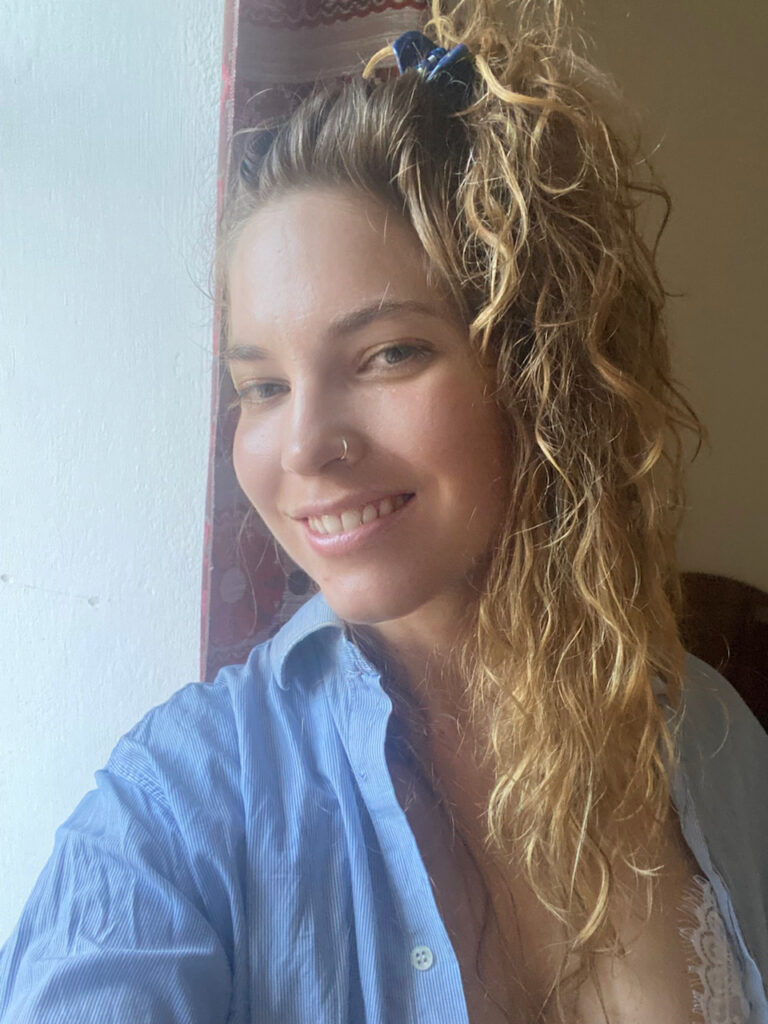
I'm Mare
I’m the face behind this blog. As a solo mom, every day is a new adventure, and I’m determined to make the most out of life with my two wonderful daughters by my side. Through my journey, I’ve learned to cherish every moment, big or small. From the giggles and laughter to the challenges and tears, each experience shapes our story in its own unique way. Becoming a mother and being a mother didn’t come easy to me so it took a lot of research and thoughts to get to be comfortable with my new role in life. Here in my corner of the internet, I share my thoughts, experiences, and insights as I navigate the highs and lows of motherhood. It’s a journey filled with love, learning, and plenty of surprises along the way.
Must Reads
From the Blog
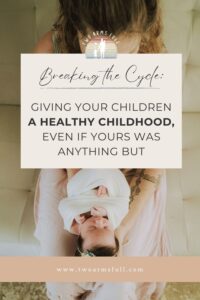
Breaking the Cycle: Giving your children a healthy childhood, even if yours was anything but.
Parenting KEY POINTS The way we experience our first family relationships can often repeat itself as we start our own families. You may struggle to form healthy relationships with your children if you did not have healthy examples. Finding ways to move forward while validating your history is a crucial

Breaking the Cycle: Giving your children a healthy childhood, even if yours was anything but.
Parenting KEY POINTS The way we experience our first family relationships can often repeat itself as we start our own families. You may struggle to form healthy relationships with your children if you did not have healthy examples. Finding ways to move forward while validating your history is a crucial

My Story: What inspired Two Arms Full
Cycle Breaking Embracing Motherhood I never envisioned myself as a mother. Coming from a turbulent familial background, the prospect of starting a family seemed daunting. My relationship with my own mother was complex, to say the least, and I harbored fears of perpetuating similar patterns. Doubt clouded my desires, and
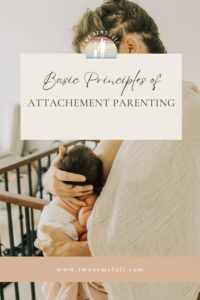
Basic principles of attachment parenting
Parenting KEY POINTS Attachment parenting promotes strong emotional bonds between parent and child based on attachment theory. Despite criticisms, it offers benefits like breastfeeding support and improved child development. Overall, it advocates for a sensitive, empathetic approach to parenting, prioritizing the needs of both parent and child. If you are
